Editor’s Note: With the news that Ronnie Spector has passed, we are re-running this profile of the iconic singer. Rest in Peace, you gorgeous, vibrant woman.
***
Ronnie Spector has her cousin, Ira, to thank for her first starring singing gig. While growing up in NYC’s Spanish Harlem, Spector would sing in the lobby of her grandmother’s apartment building because it had an amazing echo. But her first real gig was in front of one of the most famously unforgiving crowds in entertainment—the Apollo. Spector was only 11 years old.
Her mom, Beatrice Bennett, worked next door to the Apollo at King’s Donuts and arranged a gig for Spector with her girl cousins and sister singing back-up. But Spector thought that a boy would be better out in front.
From then on, if there was an opportunity, and the door opened, I would walk through it.
“Since I loved Frankie Lymon and the Teenagers, I figured we needed a boy to sing lead, so I got my little boy cousin Ira. But when Ira got on stage and saw that audience, he froze—he opened his mouth, nothing came out! I saw my dreams of being a rock and roll singer coming to an end before they even got started,” says Spector. “So I grabbed the mic and started singing. The crowd started cheering for me. That was all I needed. From then on, if there was an opportunity, and the door opened, I would walk through it.”
In the early to mid-‘60s, Spector performed as lead singer of The Ronettes who produced the iconic hits “Be My Baby,” “The Best Part of Breakin’ Up,” and “Baby, I Love You.” Spector then launched a successful solo career in the ‘80s and is back on the road today.
She took time to talk with us. What follows is an edited version of our interview.
What do you like about performing at this stage in your career? How is it different from when you were just starting out?
It’s still the same thing—I’ve always loved the audience. My passion is the stage; that’s where I feel most comfortable. I love feeding off the crowd and seeing the excitement in their faces. We just finished a tour in Spain. The crowds were mostly young, and they were going crazy. What more can I ask for?
‘No matter what is going on that day or week, the second I walk out on stage, I fall right back in love the moment I see the crowd.’
The performing is not the same as it was in 1961, of course. I am more aware of what I am doing. But trust me, I’m still wild on stage, but in a different way. The need to be accepted and liked and to please my audience is the same. But going through everything I have gone through in the music business does take a toll—plus all the traveling. No matter what is going on that day or week, the second I walk out on stage, everything disappears, and I fall right back in love the moment I see the crowd.
You’re so well known for the hit “Be My Baby.” What’s it like to have sung something that is so widely known? Does it ever get old to sing it?
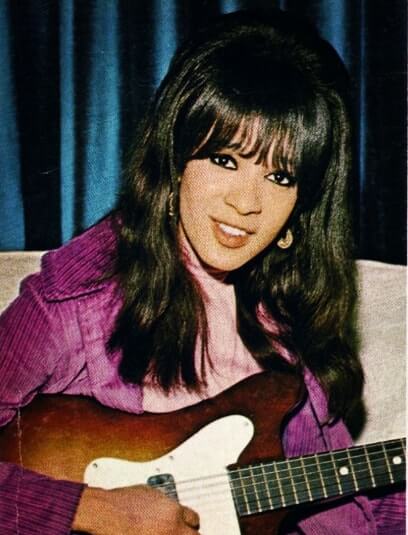
Image: Ronnie Spector/Instagram
Every time I am performing “Be My Baby,” there are people who are seeing me for the very first time, and that keeps it fresh and exciting for me. I guess that’s why it never gets old. I’m very lucky to have recorded music that will outlive me; it’s kind of spooky.
Whenever I hear one of my songs, I still get a kick out of it. I was in the supermarket a month ago, and they [were] playing “Baby, I Love You,” and I told the woman in line next to me, “That’s me!” She looked at me like I had two heads. I’m really still a kid!
Of all your recordings, which is your favorite song?
From my Ronettes days, it would be “Walking in the Rain.” That’s a very emotional recording, inspired by our touring in the UK in ‘64. The Ronettes were known for our singing, but also for our dancing and stage shows. So almost all our records were up-tempo to take advantage of our energy and moves. “Walking” was different. It was slow, and that to me was really cool. I felt more grown up, like I was a real singer. That’s what I thought back then, and I still feel it.
And believe it or not, I recorded my vocal in one take. I had my eyes closed when I did that first take, and after, I opened up my eyes and said, “Okay, I got it now. I’m ready to do another one.” They said, “That’s it; that’s the one.”
Do you have any regrets over any creative choices that you made? If so, what would you have done differently?
That’s a hard one. I sort of did it myself, learned by experience. I try not to look back, just keep looking forward. Plus, I never listen to my recordings unless I have to rehearse for a show. So if it’s really bad, I probably heard it once and never again. I don’t have to torture myself and say, “Why did you do that?”
My recordings with George Harrison did not turn out the way I would have liked. But the idea for us to work together was definitely the right choice; we just had another person with us that totally screwed things up for us.
You wrote in your memoir, Be My Baby: How I Survived Mascara, Miniskirts, and Madness, about how your ex, Phil Spector, kept you imprisoned in his mansion for years. You said it was hard to leave because of the body guards, etc. How did you finally get up the strength to leave?
It was hard to leave because the doors were locked from the inside—there were electric gates, barbed wire, and dogs surrounding the mansion. The last year of our marriage I was mute: I didn’t speak one word. My mother came out to visit; she looked at me, and she knew I had to get out of there. When my mother found out there was a glass coffin in the basement, she knew it was time.
`When my mother found out there was a glass coffin in the basement, she knew it was time.’
After a very disturbing situation that happened between the three of us, mom and I made a plan. I left with nothing—just the clothes on my back—and no shoes on my feet. He always took my shoes so I wouldn’t go outside.
When you are involved in that type of relationship and are cut off from everyone in your life, it’s very difficult to have sense of reality because you have no communication with anyone. You’re totally isolated. I am alive today because my mom came out to visit me, or actually to rescue me.
Then you had to wage a 15-year legal battle against him to get royalties for your work. How did you get the strength to keep going against this man who had abused you for so long?
It was 20 years. After I left him, he continued to do all sorts of things to destroy my career. The fact that I left him infuriated him, so he constantly interfered in my life and career—calling me at 4:00 a.m. to tell me I was a loser, that my new record was going to bomb, or that there were hit men hired to blow my head off when I was on stage. Those are the nicer things he would say.
‘The more and more he tried to destroy me, the stronger I got.’
But the more and more he tried to destroy me, the stronger I got. It took years to get to that point, and then I thought, “I’m not going to let this man rewrite music history and pretend that I didn’t exist.” And once I saw his fax to the Rock & Roll Hall of Fame—telling them not to induct me—and how all the guys and some women gave into him, that was it. I couldn’t let this go on anymore.
[In 2007, The Ronettes—Ronnie Spector, Estelle Bennett (Ronnie’s older sister who passed away in 2009), and Nedra Talley (their cousin)—were officially inducted into the Rock and Roll Hall of Fame.]
How have you changed as a performer over the years? What have been the challenges and rewards of working as a performer you whole life?
I actually need to be on stage. But the hassles of getting to the point of walking on stage just get harder. The traveling is tougher—more comfort and support is needed than when I was in my teens and 20s. I came up when it was all about the music and fun—we loved it! I never thought for a second that I would still be doing it in 2018.
The business is worse. I mean it’s a business now, and before, there were people in it that actually loved show business. Those people are long gone. Now it’s just about business, bottom line. I get it, but you also should be about people and respect for the artist. For me, I have to love it. Otherwise why do it? There are sometimes three generations of the same family at my show! I’ll take it.
A version of this story was originally published in August 2018.
***
Michele “Wojo” Wojciechowski is a national award-winning writer, author, and humorist based in Baltimore. She’s the author of the humor book Next Time I Move, They’ll Carry Me Out in a Box.

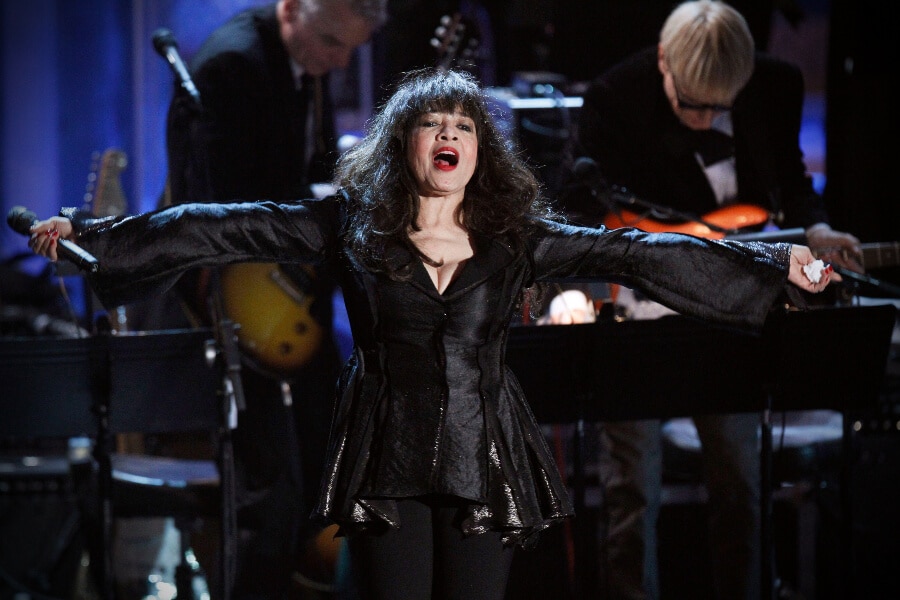
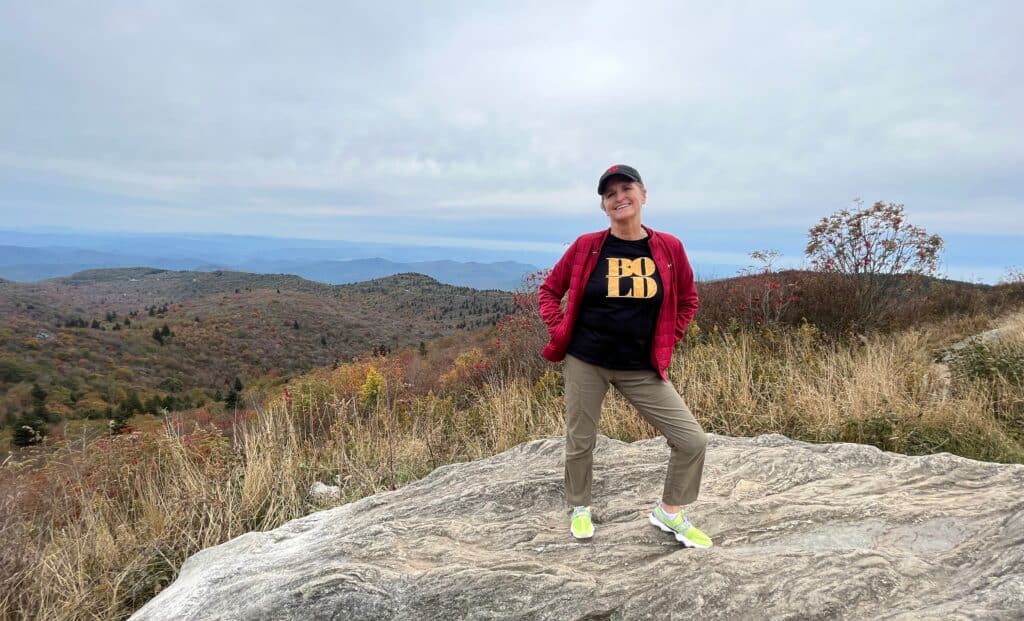












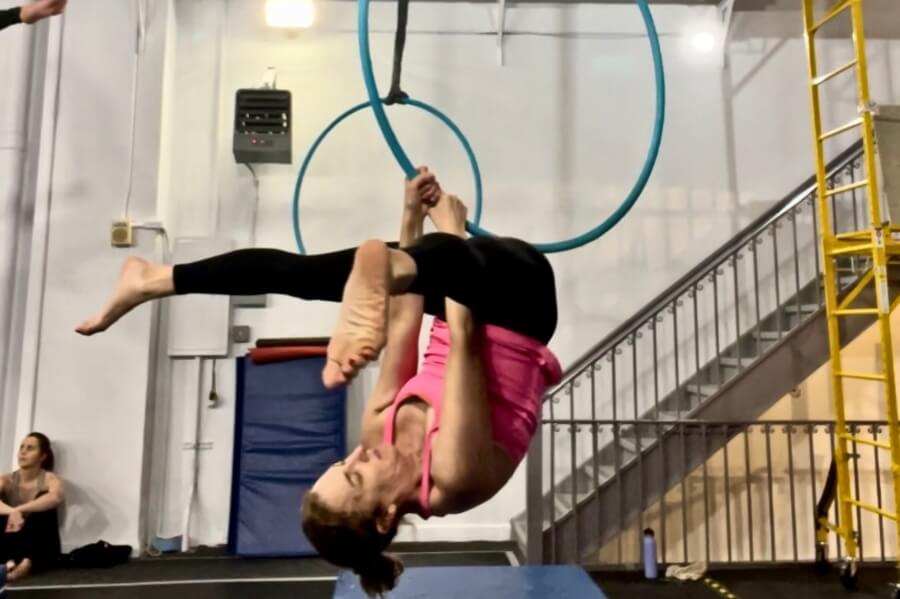
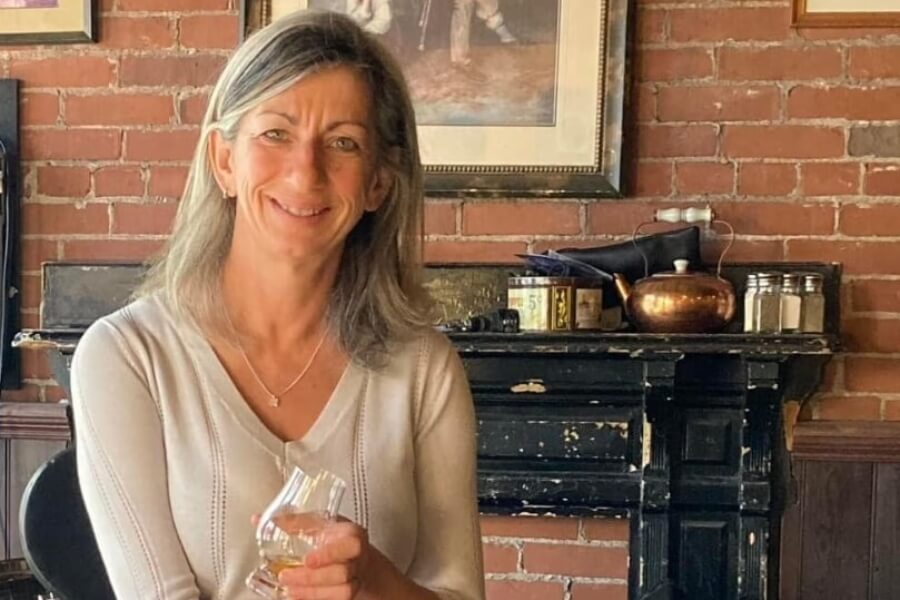



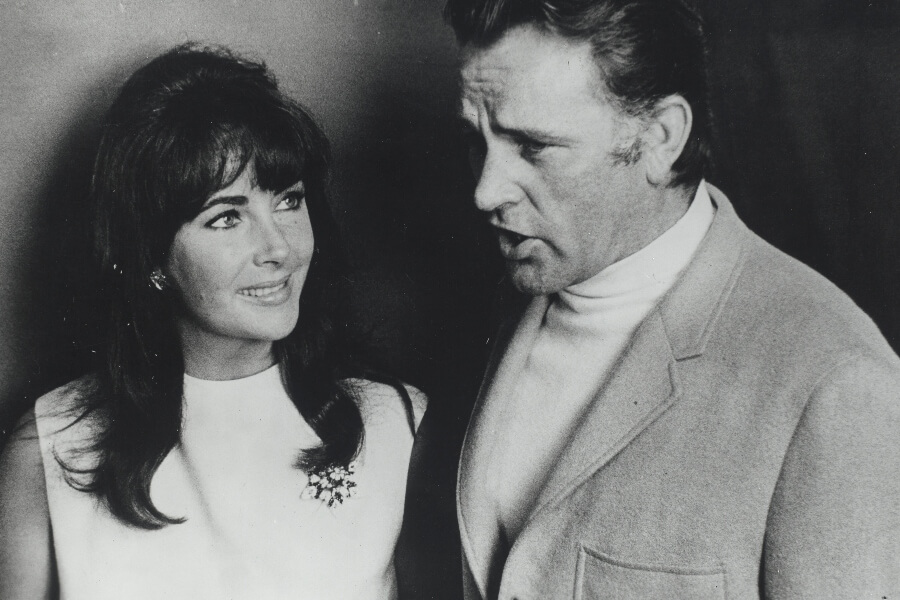
0 Comments